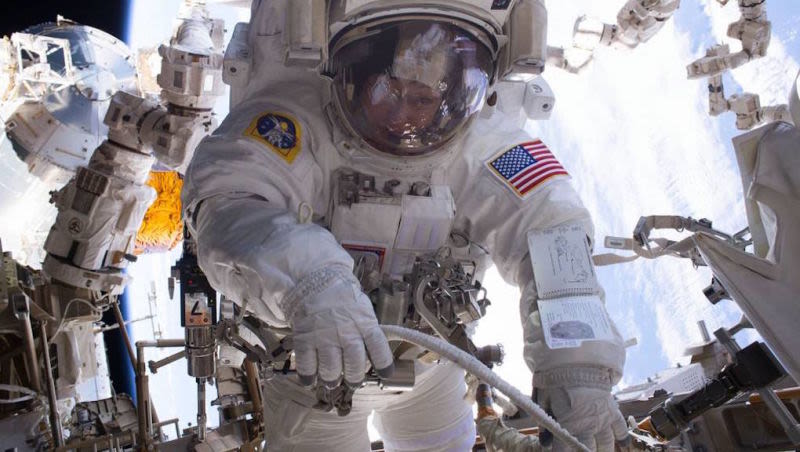NASA develops an implant to reduce the muscle mass that the human body loses in space

When an astronaut travels to space his body suffers the consequences, including changes in his height and loss of muscle mass. A team of medical researchers and NASA are working on a proposal to alleviate the problem of muscle loss, and are already testing it on the International Space Station.
Researchers at NASA, along with teams from the Houston Methodist Hospital research institute and the Novartis Biochemistry Research Institute, have developed a device that can constantly supply a drug or medicine dedicated to reducing the loss and deterioration of muscle mass. in space travelers.
The device would be implanted in the body of the astronauts, and the drug it would supply is formoterol, a medication that relaxes the muscles and is commonly used as a treatment for chronic obstructive pulmonary disease.
During the month of December of 2017 the responsible of the investigation sent a group of 40 mice to the International Space Station (ISS), with the intention of the scientists who are there could prove the effects of the implant and the medicine in the rodents, before I can even consider testing with humans.
Different NASA studies have shown how the human body changes when traveling into space. Other studies assure that in prolonged periods of time, like which it would take a trip to Mars, the astronauts could even lose intelligence. Although astronauts exercise daily in the ISS, currently the loss of muscle mass is inevitable, the constant use of medications through this device could alleviate it.
Not only this, in addition to space research also proposes to use it on humans on Earth who suffer from diseases related to muscle deterioration and prolonged body immobilization. The device could also be used to deliver other medicines that require constant doses.
